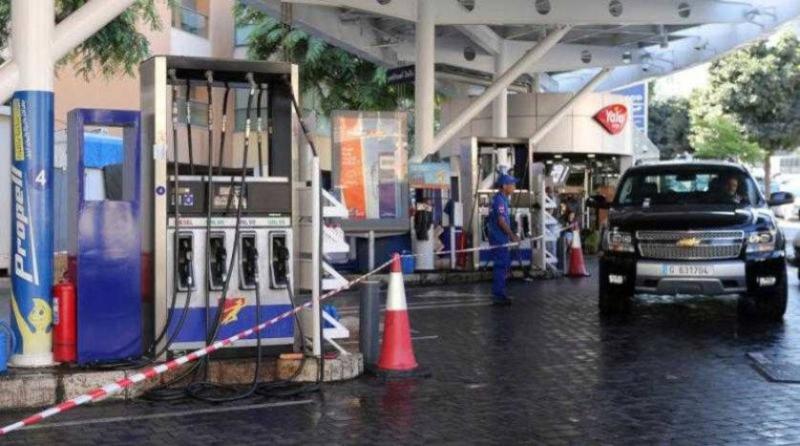The situation in the region and Lebanon remains unclear, with the ongoing Israeli war on Gaza linking us to the support محور. Everyone is on alert and is preparing emergency plans for when the moment of crisis arrives. In contrast to attempts to reassure the Lebanese and urge them not to panic or stockpile, the President of the Imported Oil Companies Association, Maroun Chamas, has called for filling fuel tanks. Chamas's remarks fall solely under the category of precaution. He distinguished between storing large quantities of fuel at homes and continuously "fueling" car tanks. He said in an interview with MTV: "I advise citizens at this time to keep their cars' tanks 'filled' with gasoline, so they won't have to rush to gas stations if they need to relocate quickly due to any emergency." He added: "It is also essential to secure enough gasoline and diesel for factories, bakeries, hospitals, and other facilities, especially with the strong possibility that the war may expand, leading to roadblocks and disruptions in transportation."
Having experienced numerous crises, the majority of Lebanese tend to stock up, and as soon as they hear of any developments, they line up at gas stations. Nevertheless, Chamas reassured that "the supply chain among companies is still intact without any changes, and the available gasoline and diesel stocks at the companies, stations, and among citizens will last for about a month, while gas will last for around eight weeks." Lebanon is also awaiting the arrival of ships loaded with petroleum products. In this context, Chamas clarified that "there is no problem unless the situation escalates to the point of closing the sea off from Lebanon or banning ships from reaching it."
The companies importing oil participated in government meetings to monitor developments, assessing the needs of ambulances, civil defense, and security forces for fuel on a weekly basis. A plan has been made to reserve quantities of gasoline and diesel, manage them, and secure them in the event of any emergency. Currently, it is sufficient to be cautious and follow the advice of the President of the Imported Oil Companies Association, but if we reach a worst-case scenario, everything stated will become invalid. At that point, we will again see black market operators controlling fuel "gallons," impacting the lives of many who may rely on just a few liters to reach the hospital, according to MTV.




